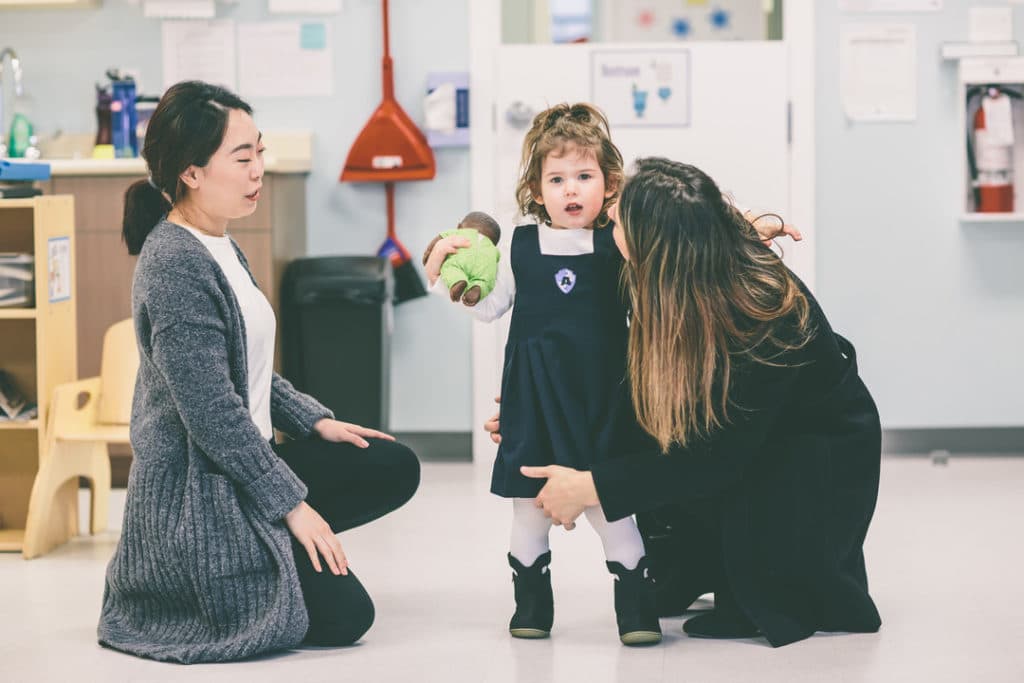Understanding begins with being patient. Strong communication skills are built on patience, active listening, intuition, and awareness.
Here are some tools that can help adults, parents and children communicate and listen better.
1. Tell your child what you are about to do before you take action. For example, I am going to unbuckle your seatbelt or we will be leaving soon. This teaches listening skills, it means paying attention becomes important, and builds trust.
2. Help your child take a breath when they feel overly excited. It is an easy early practice in mindfulness.
3. For children having difficulty not interrupting, create a secret hand signal to help them be aware. If you are on the phone, ask them to wait five minutes and if the call has to be extended let your child know how much more time it may take. Suggest things they can do while they wait. Hold their hand while you speak to them, and cue them to take their turn when you release your grip. Ask them what changed, what other signals did they notice that meant you had finished your thought?
4. Model behaviour. Practice the behaviour you want your child to mimic. When they are busy in an activity ask them if you can interrupt and do something together or have a conversation.
5. When you are in a conversation with your child. Help them consider some questions they could ask you about what you are sharing. Encourage inquiry.
6. Use your ears… and eyes. Make eye contact when in conversation. Promote paying attention to hand gestures and body language. Communication is about much more than words and sounds.
7. Sometimes it’s a fear of forgetting what you want to share that prompts you to interrupt. Encourage them to journal and write down their ideas, and things they want to share.
Be patient. Beware of saying shhhhh. We all need to see listening modelled and practiced. It is a skill that is often overlooked and is strengthened with experience.

